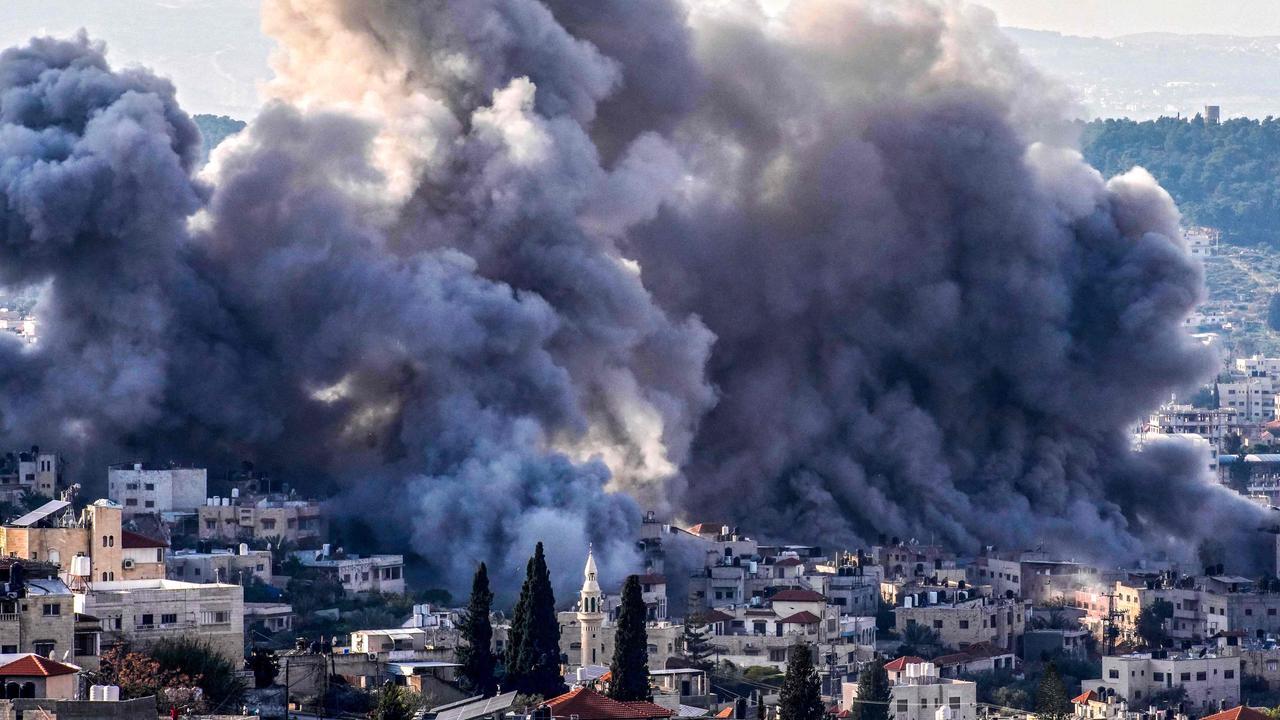Afghanistan: Desperate scramble for any way out to safe haven
As the Taliban swept its way towards Kabul early on Sunday, usually bustling neighbourhoods were deserted.
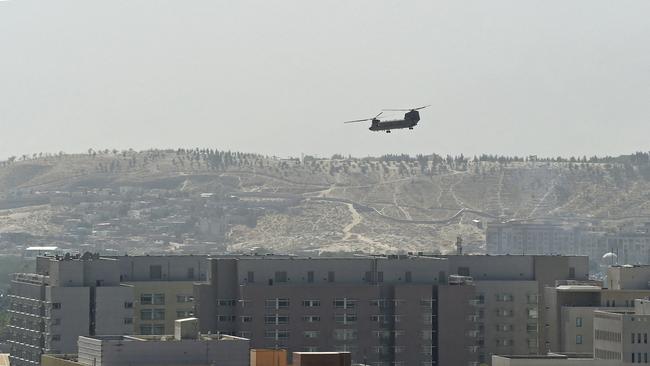
As the Taliban swept its way towards Kabul early on Sunday, usually bustling neighbourhoods were deserted.
The only queues were at ATMs, which had soon run out of cash as people rushed to withdraw money. By the afternoon, however, the city was jammed with traffic as panicked residents, aware that the insurgents were at the gates of the city and preparing to take power, raced home to protect their families.
Those who could escape were either at the airport or making their way to it. With the Taliban now in control of all the highways leading to Kabul, the only way out was by air.
On Sunday morning, human rights worker Ahmad Yaqubi and his wife waited with dozens of other lucky families within the former NATO section of Kabul International Airport for evacuation to Canada – their relief at escaping blighted by guilt at leaving behind three siblings and his 93-year-old mother. The couple had rushed to scrape together what they believed they would need to start a new life after being told at the 11th hour that they were to be evacuated.
“It was short notice but we have been told not to do interviews,” he said. “Wish me a safe trip.”
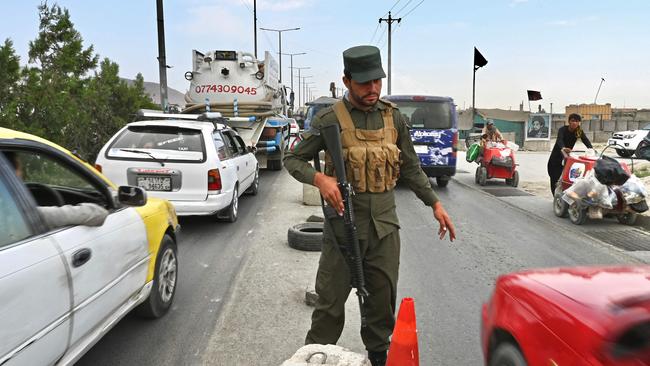
As her flight was taking off, photojournalist Mariam Alimi was racing to a friend’s office in central Kabul where the internet — patchy for weeks now — was more reliable to send a last-ditch application for Canadian asylum after the government announced 20,000 places for the most vulnerable Afghans, including journalists and activists.
“I am hoping it will happen because this is my last hope. I have to try,” she told The Australian as helicopters ferrying people out of the city flew continuously overhead. “I don’t understand why these countries who knew what was happening in Afghanistan decided to do something so late.”
Her friend Wafi Walim, who worked for four years on an AusAid-funded project overseen by the Australian Provincial Reconstruction taskforce in Oruzgan, training local government employees, said he was still hoping Australia might grant him and his family a visa.
The medical doctor’s former project deputy was granted asylum in 2015 but Dr Walim, who has worked for the past two decades on foreign government-funded development projects, had chosen to stay behind.
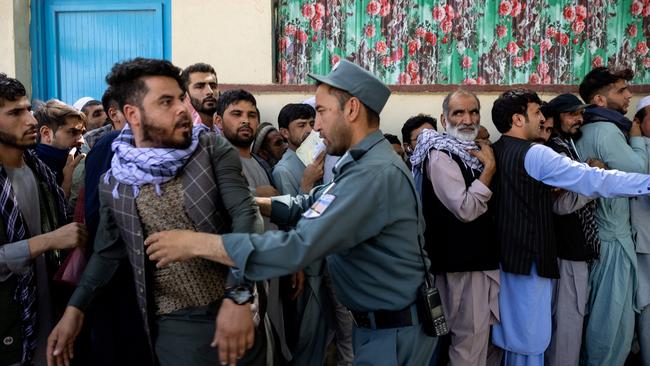
In recent months, however, as the risks have multiplied to himself and his family, he has written emails to several former Australian government supervisors seeking help.
All have ignored his appeals, including one former Australian supervisor who – on his way out of Afghanistan – had promised to always be there for him.
“Everyone is panicking,” he said.
Right across the besieged city, people are saying the same thing; they didn’t think it would happen this fast.
“My wife is a doctor for one of the city’s football teams and is worried she will no longer be able to work if the Taliban take over,” Dr Walim said. “My 17-year-old daughter is in grade 10 and plays football. These two things are her world. She can’t understand why we can’t leave the country like everyone she knows is doing.”
By midday, with the Taliban reportedly fighting for control of Pul-e-Charkhi prison – just 20km from the city – Mariam Alimi joined the throng of people running through the city centre for home.
Every Kabul household with the means, it seems, has weapons and ammunition in preparation for the first flush of frontline Taliban soldiers, not ideologues but hardened warriors seeking the spoils of victory.
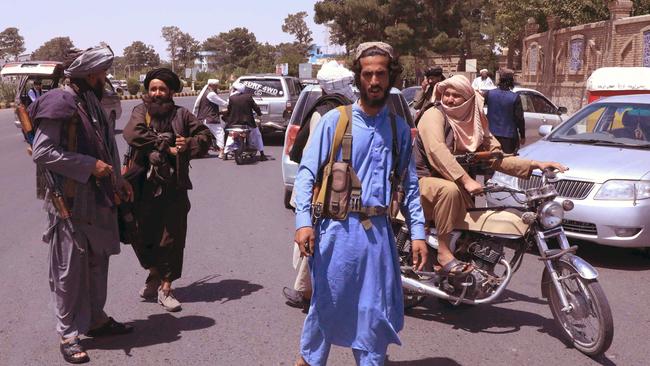
Kabul news producer Ahmad Zia Hidari told The Australian he had an AK47, a pistol and “plenty of ammunition” at home.
“I don’t want to use it against anybody but in this situation many opportunists try to take advantage, to rob people’s houses,” he said. “When the Taliban comes, we can’t fight. It’s the time before the Taliban arrives that there are many people you have to protect your family from.”
The insurgents had taken the entire south of the country by Friday night, seizing the country’s second biggest city of Kandahar – the birthplace of the Taliban – the cultural capital of Herat in the west and then Oruzgan, where Australian troops were based until December 2013.
On Saturday they rolled into the northern, anti-Taliban stronghold of Mazar-i-Sharif, sending hardened warlords Atta Mohammad Noor and Abdul Rashid Dostum – both of whom had vowed to defend the city to the last drop of blood – scarpering towards the Tajikistan border.



